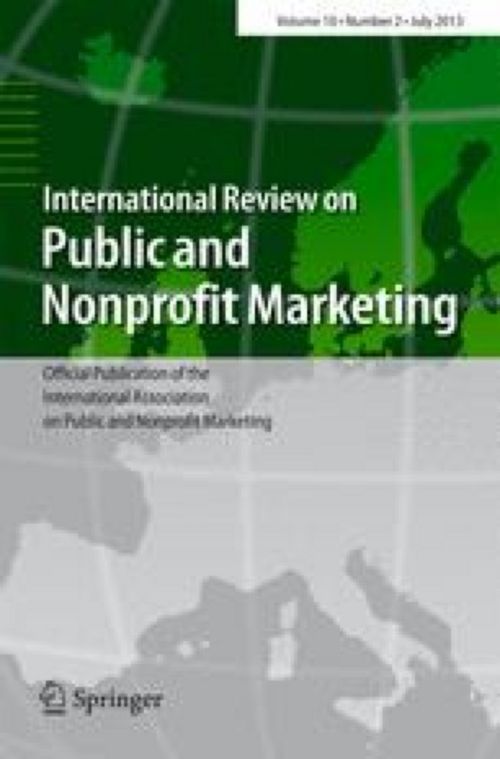Der Gesamtwert von Kultur ist schwierig zu messen, handelt es sich doch um eine jeweils subjektive Erfahrung. Ebendiese subjektive Wahrnehmung und Erfahrung kann jedoch als Public Value gemessen und dargestellt werden. In der Literatur wird Public Value definiert als etwas (bestimmte Produkte, Leistungen oder Angebote), das durch die Gesellschaft wertgeschätzt wird, oder auch Gemeinwohl, das für die Gesellschaft bzw. Allgemeinheit geschaffen wird. Er beschäftigt sich also mit dem gesellschaftlichen (Mehr)Wert, der durch Institutionen und Organisationen geschaffen wird.
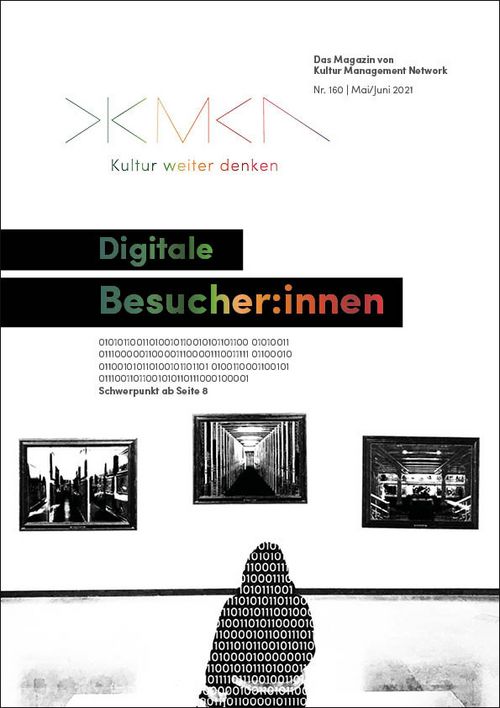
Abstract Purpose – The purpose of this paper is to investigate the influence of external factors on the Facebook dialogue. As both weather and point in time substantially. As both weather and point in time substantially influence people’s lives, it can be assumed that both factors may also affect communication on Facebook. To the best of the authors’ knowledge, this is the first study focusing on the impact of the external factors “weather” and “point in time” on a public utility’s Facebook communication. Design/methodology/approach – The potential influence is explored through the case study of an Austrian public utility. The study focuses on 321 postings, published via the company’s official Facebook account between August 2016 and February 2018. Findings – The empirical results confirm the influence of “weather” and “point in time” indicators on the stakeholder dialogue. The findings highlight how the relevant items affect the posting behavior of a utility, as well as stakeholders’ reactions, comments and shares. Originality/value – By introducing both external factors to the social media literature, this paper broadens the understanding of Facebook communications beyond the sender and receiver of digital information. In this way, the research contributes to a more holistic view of Facebook dialogue. It provides practical advice on how social media managers of public utilities may use weather forecasts and “point in time” considerations to more strategically foster stakeholder dialogue in social media.

Abstract
Purpose – Materiality as an emerging trend aims to make sustainability reports (SR) more relevant for
stakeholders. This paper aims to investigate whether the reporting practice of electric utility companies (EUC)
is in compliance with the materiality principle of the Global Reporting Initiative (GRI) when disclosing SR.
Design/methodology/approach – A twofold content analysis focusing on material aspects (MAs) is
conducted, followed by correlation analysis. Logic and conversation theory (LCT) serves to evaluate the
communication quality of documented materiality in SR by EUC.
Findings – The coverage and quality of documented MAs in SR by EUC do not meet the requirements for
relevant and transparent communication. Materiality does not guide the reporting practice and is not taken
seriously.
Research limitations/implications – Mediocre quality of coverage and communication in SR shows
that stakeholders’ information needs are not considered adequately. The content analysis is limited in
focusing on merely documented aspects rather than on actual performance.
Originality/value – This study considers the quality of communication of documented materiality
through the lens of LCT. It contributes to the academic debate by introducing LCT as a viable theoretical
perspective for analyzing SR. The paper evaluates GRI-G4 reporting practices in the electricity sector, which,
while under-researched is crucial for sustainability. It also contributes to the emerging body of empirical
research on the relevance of materiality as a guiding principle for sustainability reporting.
Keywords: Content analysis, Sustainability reporting, Materiality, Correlation analysis,
Global reporting initiative (GRI), Electric utilities, Logic and conversation theory

Abstract
Purpose – Electric utility companies (EUC) are expected to play a key role toward implementing ambitious
climate change aims being under critical scrutiny by regulators and stakeholders. However, EUC provide an
under-researched field regarding sustainability reporting with the focus on economic, social and ecological
concerns. This paper aims to gain insights of the sustainability reporting practice of EUC and the coverage of
indicators based on the Global Reporting Initiative (GRI)-Guidelines.
Design/methodology/approach – A twofold documentary analysis of 186 GRI-G4 sustainability reports by
EUC globally is conducted to investigate the coverage rates of G4-indicators. Neo-institutionalism and strategic
stakeholder theory serve as theoretical lenses. A regression analysis is used to examine ownership, stockexchange
listing, area of activity and region as potential drivers of sustainability reporting.
Findings – Results show that the coverage of indicators based on triple-bottom-line dimensions is moderate in
EUC leaving room for improvement. The coverage of sector-specific indicators lacks behind the coverage of
standard disclosure indicators. Results show that private and listed EUC show better coverage rates than
public and not-listed EUC.
Research limitations/implications – Neo-institutionalism shows limited homogenization in the sector.
Strategic stakeholder theory demonstrates insufficient stakeholder compliance of public and not-listed EUC.
Originality/value – This study contributes to sustainability reporting research by focusing on the underresearched
electricity sector. It provides practical reporting insights for EUC, the GRI and regulators.
Keywords: Sustainability reporting, Electric utilities, Global reporting initiative, Regression analysis, Neoinstitutionalism,
Strategic stakeholder theory
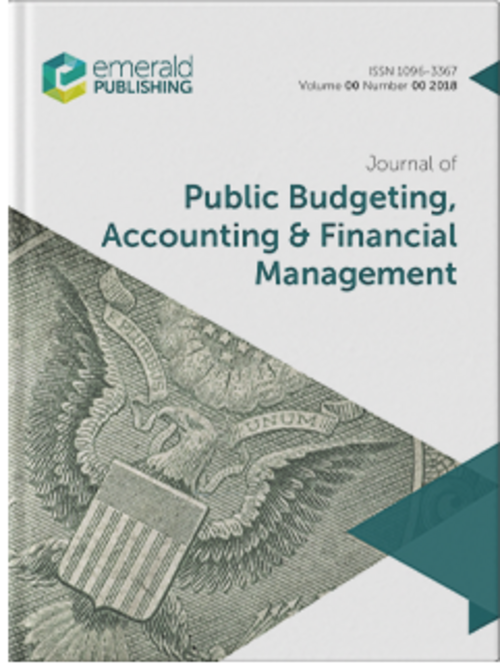
Abstract
Purpose: In times of scarce public funding, organisations that receive public funds face increasing pressure to legitimise themselves. Thus, museums must also legitimise themselves to receive public funds. They have to demonstrate that they provide a valuable contribution to society. Is the preservation of cultural goods a sufficient benefit for society or are museums valuable to citizens in any other way? To evaluate whether citizens see a benefit in museums and value museums, the concept of stakeholder-oriented public value is applied to museums. In contrast to former public sector reform models (like New Public Management), which have focused less on society and viewed citizens more as consumers and passive recipients of services, the public value concept adopts a citizen perspective in the sense of community governance.
Design/methodology/approach: In order to analyse the interests of the citizens as main stakeholders of the services of the public sector, we conducted an explorative study in Austria. We developed a questionnaire to retrieve the interests of the citizens, obtaining 281 data sets for analysis. The study assessed the value that museums have for citizens as part of society.
Findings: The findings show that, for the most part, citizens confirm that museums are valuable to them for several perspectives, namely the individual, societal and economic perspective.
Originality/value: Previous research has mainly regarded the different types of values – individual, societal and economic – as separate categories. Our findings highlight that these specific values
are interrelated. Our findings can inform policy recommendations.
Keywords: Austria; citizens; culture; museums; public value; stakeholder-oriented value
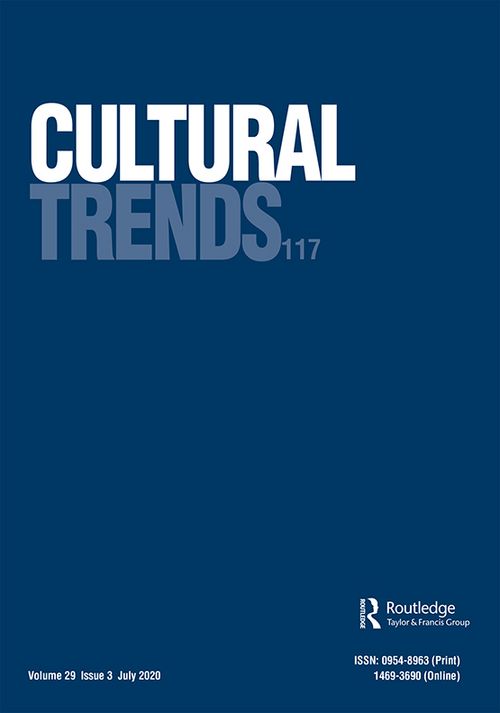
While there is extensive knowledge on management control systems (MCS) and a large body of literature focusing on sustainability reporting (SR), studies investigating the interplay of SR and MCS are still at an early stage, although a broad consensus exists that for a good progress towards corporate sustainability interlinking of reporting and control is needed. What is more, organizations which are just having a sustainability report in place, but do not implement proper control mechanisms towards sustainability, run the risk that their efforts are perceived as a well-meaning reputation-building attempt at the best. Against this background, the aim of this paper is to identify and cluster relevant literature on the interplay between SR and MCS. To achieve this goal, a systematic literature review considering publications between the years 2000 and 2018 has been performed. For clustering the findings, the popular MCS package of Malmi and Brown (2008) was used. The systematic literature review is based on 53 publications that examined the linkage of SR and MCS. The papers revealed various connections in both directions – the effect of MCS on SR and the use of SR within MCS – that can be assigned to the different management control elements of the MCS package of Malmi and Brown (2008). Furthermore, the findings suggest that there is a reciprocal linkage between SR and MCS and that the existing body of literature does not go beyond an instrumental and therefore functionalistic perspective. Additionally, the literature is lacking on empirical, theory guided and critical analyses.
Keywords: Management control systems, Sustainability reporting, Literature review
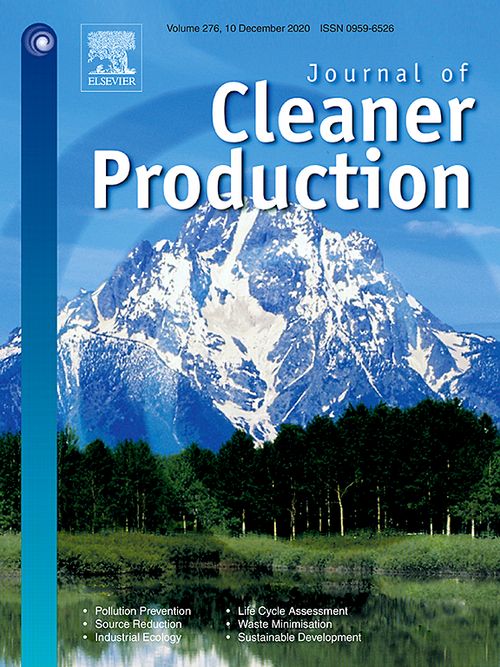
Abstract
Patients frequently use Facebook for health-related reasons, like seeking of information or the recommendation of practitioners or hospitals. In this way, Facebook provides a powerful communication platform for electronic word-of-mouth (eWOM). Hospitals increasingly use Facebook to positively influence the perception of their brand reputation and performance. The present explorative study provides detailed information regarding eWOM behavior of persons on the Facebook page of an Upper Austrian hospital. Data of the hospital’s Facebook page was gathered and analyzed with NodeXL. By using a text analysis, we categorized the hospitals’ posts. Reactions towards the different types of postings were analyzed by counting emojis, the number of shares and comments. Within the study, there was an in-depth evaluation of communication data (313 posts of the hospital, more than 14,000 eWom actions by 3327 women, men and organizations). The study shows how heterogeneous users are in their eWOM behavior and that a variety of topics on the Facebook page stimulates electronic recommendations. One major finding of the study is that a significant part of
the eWOM is done by only a few users. According to this, a so-called Intensive WOM Behavior (IWB) can be identified. Users of the IWB-group behave heterogeneously. Most react either with an emoji, a comment or a share. Only a few IWB-users respond with a combination of these eWOM-reactions. By providing first insights into the existence of IWB-users as well as their eWOM-behavior, this study offers new insights to eWOM in Facebook.
Keywords: Word-of-mouth, eWOM, recommendation, Healthcare, Hospital, Social media, Facebook
